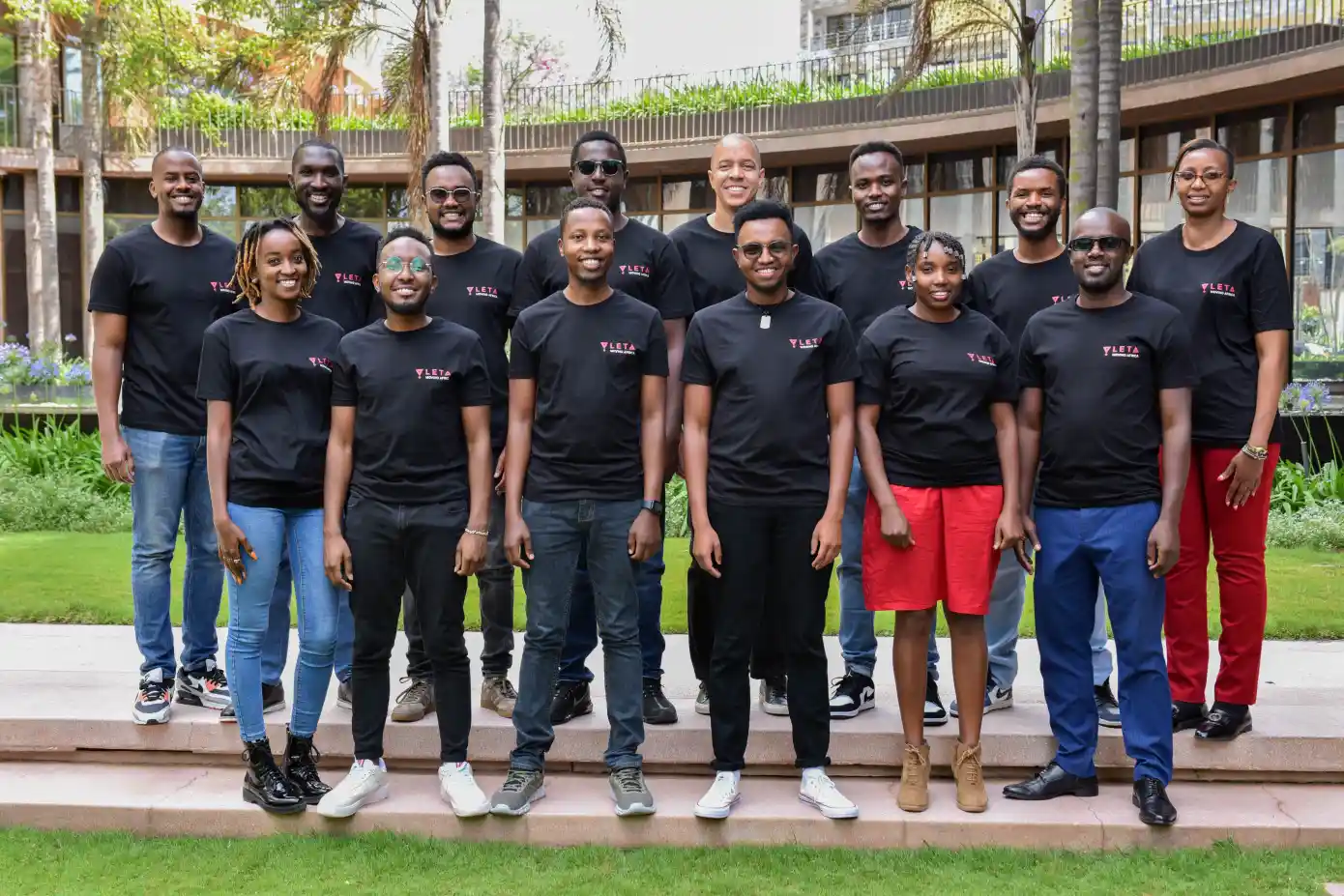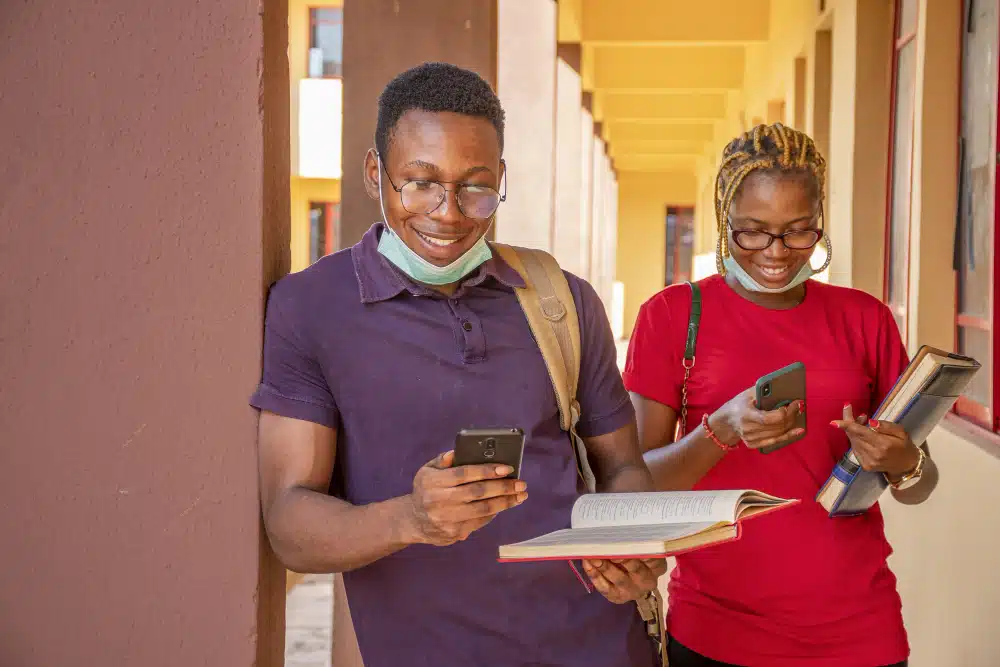Hello, Bolu here,
Here are the stories for today
- Teaching AI in Hausa language
- The fastest-growing startups in Nigeria
- Approval for more fibre optic cables in Nigeria
Teaching AI in Hausa language
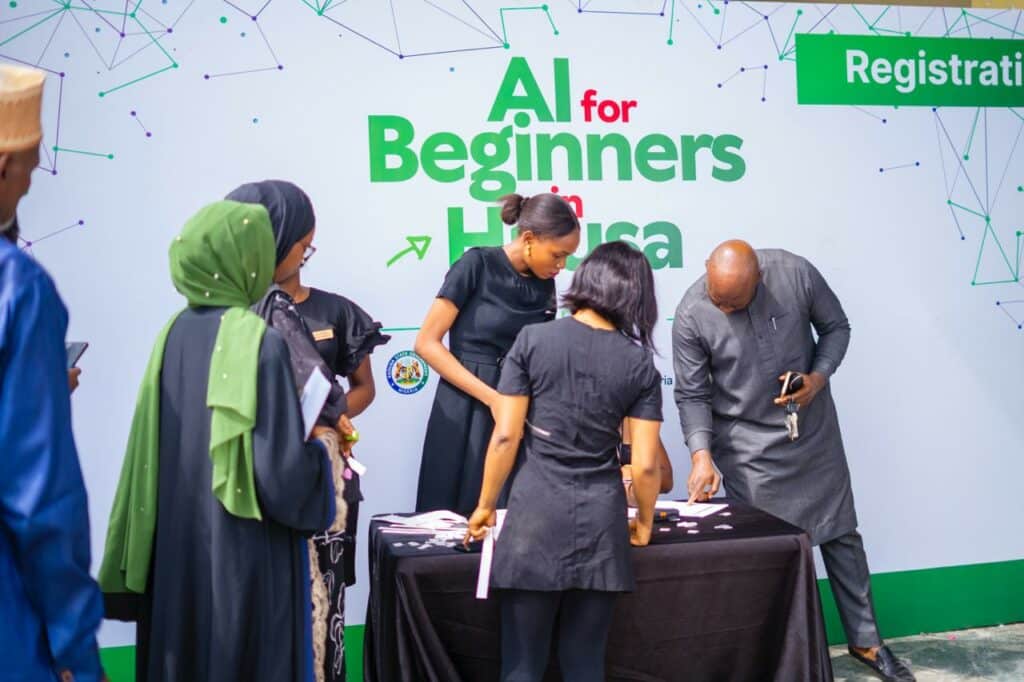
Artificial intelligence is the most talked about and perhaps the most important tech innovation in the world right now, and it is developing rapidly.
We didn’t get enough of ChatGPT 3.5 before OpenAI dazzled us with GPT 4, then Sora and now GPT-4o.
To help children put these AI tools to good use, Google, in partnership with the Kaduna State Government, the National Information Technology Development Agency (NITDA), and Data Science Nigeria, created an animated video series that will teach students how to use AI tools in Hausa language.
Yusuf Tambuwal, Acting Director, Digital Literacy and Capacity Building at NITDA, said it was a great move, comparing it to how some countries like China and India teach in their local languages.
Interestingly, Dr Ogbonnaya Onu, former Minister of Science and Technology, pushed for Nigeria to do the same in 2017 but, it didn’t work out most likely because there are way too many languages in the country and students that do not understand the teachers’ language will be left out.
However, in the case of the video series that teaches AI, it only focuses on AI and can be used by students who understand Hausa.
But, how will it work, what exactly is the goal, and what is the bigger picture for Kaduna? I answer all these questions in this article that takes an in-depth look at the initiative.
Fastest-growing startups in Nigeria
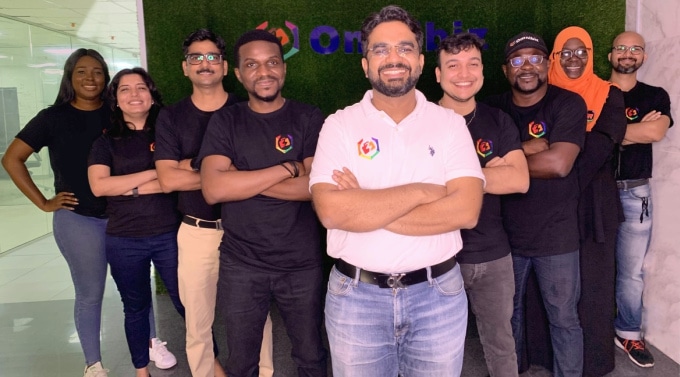
OmniRetail leads the way: OmniRetail has been named the fastest-growing African startup according to the Financial Times’ list of fastest-growing African companies.
With a staggering revenue increase from $250,000 in 2019 to $139.8 million in 2022. It operates Omnibiz, Mplify, and Omnipay, serving over 65,000 retailers.
Moniepoint’s revenue growth was astronomical: Moniepoint is the second fastest-growing startup in Nigeria. It saw its revenue soar to $148.6 million in 2022 from $1.84 million in 2019 It’s a key player in Nigeria’s financial services, processing over 5 billion transactions worth more than $150 billion in 2023.
Afex Leads isn’t doing badly: Topping the revenue charts among Nigerian startups, Afex reported earnings of $415.5 million in 2023. Other notable mentions include FairMoney with $142 million and ThriveAgric with $73 million.
SeamlessHR’s Growth: SeamlessHR also made significant strides, with its revenue climbing to $2.6 million in 2022 from $380,000 in 2019.
Nigeria’s fibre optic expansion project
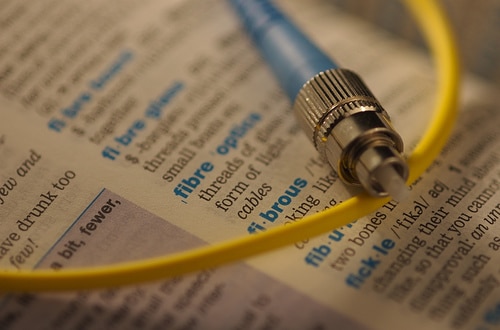
A startup house in San Fransisco is not the only thing Tijani announced yesterday, he also announced the launch “of a Special Purpose Vehicle (SPV) that will support the delivery of an additional 90,000km of fibre optic cable to complement our existing connectivity infrastructure.”
The minister said that upon completion, the project will take Nigeria’s connectivity backbone to a minimum of 125,000km, from the current coverage of about 35,000km and Nigeria will boast Africa’s third-longest terrestrial fibre optic backbone, trailing only Egypt and South Africa.
This expansive coverage could unlock the untapped potential of Nigeria’s existing infrastructure, particularly its eight submarine cables. By leveraging these resources, the initiative aims to boost data capacity utilization beyond the current usage level of 10%.
So far, Tijani’s has focused on training tech talents, improving connectivity and facilitating AI development in Nigeria. Let me know what you think about everything the minister has been doing so far.
In case you missed it
- Nigeria to offer tax relief to 95% of small businesses
- Bamboo launches Nigerian stocks to help Nigerians diversify portfolio
- Zimbabwe mulls return of mobile money services after currency woes
What I’m watching
- My 2024 iPad Pro Review
- The Rock Is Losing Thousands Of Fans Per Hour. Why?
- How Brand New 370 Million $ Aircraft Are Cruelly Tested Inside Giant Fridge




